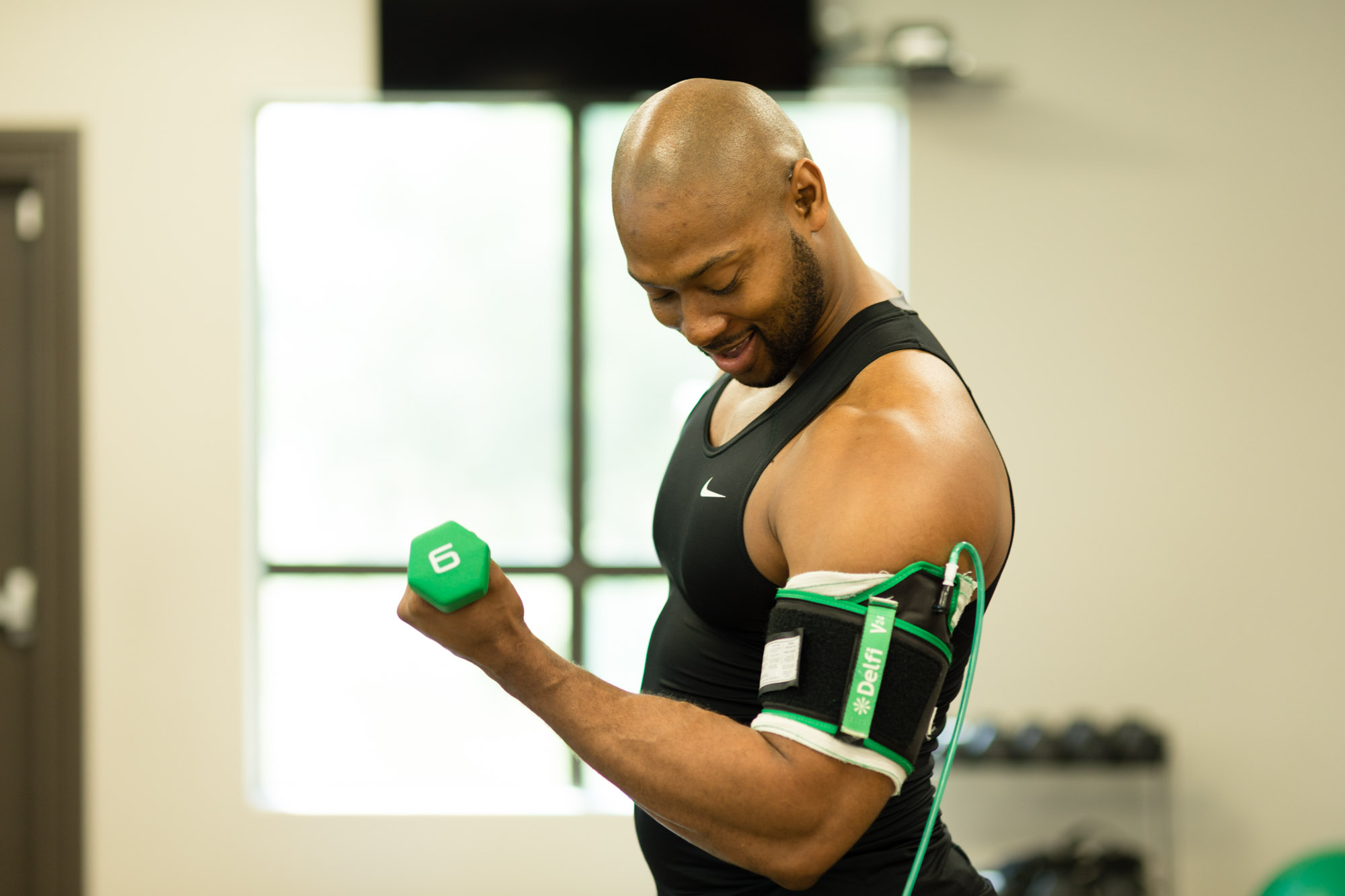
Are you struggling with muscle weakness that’s affecting your quality of life? At Stratton Rehabilitation Clinic, we offer expert diagnosis, evidence-based treatments, and customized rehabilitation plans to help you regain your strength, mobility, and independence. Contact us today for cutting-edge physical therapy, neurological rehabilitation, and personalized care!

Muscle weakness refers to a noticeable loss of strength in one or more muscle groups.
People often describe it as feeling unusually tired, fatigued, or unable to perform daily activities that were once easy.
This condition can be localized to a specific area (such as the arms, legs, or back) or can affect the entire body.
Muscle weakness may present as:
It’s essential to identify the root cause of muscle weakness to prevent further loss of function and to improve your recovery outlook.
At Stratton Rehabilitation Clinic, we recognize that muscle weakness can result from various causes. Our job is to uncover the true origin of your symptoms using thorough assessments and diagnostic tools. Common causes of muscle weakness include:
Muscle weakness is often linked to nerve damage or common neurological disorders such as:
These are direct diseases of the muscle tissues, such as:
Trauma or overuse injuries can cause localized muscle weakness:
Prolonged inactivity due to injury, surgery, or a sedentary lifestyle can lead to muscle atrophy, which weakens muscles over time.
Certain chronic conditions can indirectly cause muscle weakness:
Some medications or a lack of essential nutrients may affect muscle strength:
The good news is that most cases of muscle weakness can be treated successfully with a targeted rehabilitation plan. At Stratton Rehabilitation Clinic, we focus on restoring strength, improving function, and preventing re-injury.
Physical therapy remains one of the most effective treatment options for muscle weakness. Our therapists design custom exercise programs that target affected muscles while improving overall endurance and flexibility.
This technique retrains the brain and nerves to communicate effectively with muscles. It’s especially useful for post-stroke or neurological patients.
Electrical stimulation helps activate weak or dormant muscles, especially in cases of neurological muscle weakness.
Hands-on techniques such as massage, trigger point therapy, and joint mobilization are used to relieve pain, reduce stiffness, and restore mobility.
If you’ve undergone surgery (like joint replacement or spinal surgery), we guide you through a safe, progressive recovery plan to rebuild strength and regain confidence.
For individuals experiencing muscle weakness in their legs, we offer targeted training to improve balance, reduce fall risk, and enhance walking ability.
At Stratton Rehabilitation Clinic, we use a comprehensive, patient-centered approach. No two cases of muscle weakness are alike, which is why we take the time to understand your specific symptoms, goals, and unique health history. Here's what you can expect:
We start with a full-body functional assessment, strength testing, neurological screening, and mobility analysis.
Based on our findings, we develop a customized rehabilitation program focused on your specific needs.
Our team comprises experienced physical therapists, neurologists, and rehabilitation specialists who work together to achieve optimal outcomes.
Your progress is tracked using evidence-based benchmarks, and your plan is adjusted as you recover.
We believe in empowering you through education, encouragement, and support at every stage of your recovery.
Our FAQs address common concerns about muscle weakness, its causes, and how treatments like physical therapy can help alleviate it. Whether your symptoms are mild or more complex, we’re here to guide you toward the right evaluation and recovery plan.
Don’t let muscle weakness hold you back from living life to the fullest. At Stratton Rehabilitation Clinic, our compassionate team is committed to helping you recover with confidence. From your first consultation to your final therapy session, we’re with you every step of the way. Start your journey toward restored strength, improved mobility, and a better quality of life. You don’t have to live with weakness—let Stratton Rehabilitation Clinic help you thrive.

















